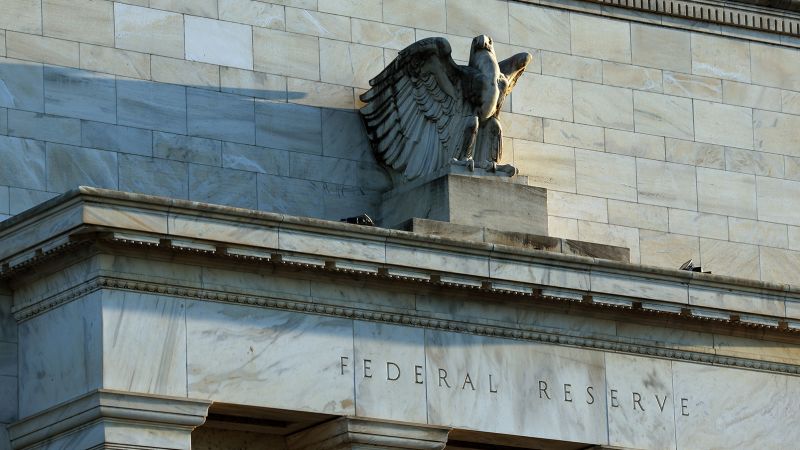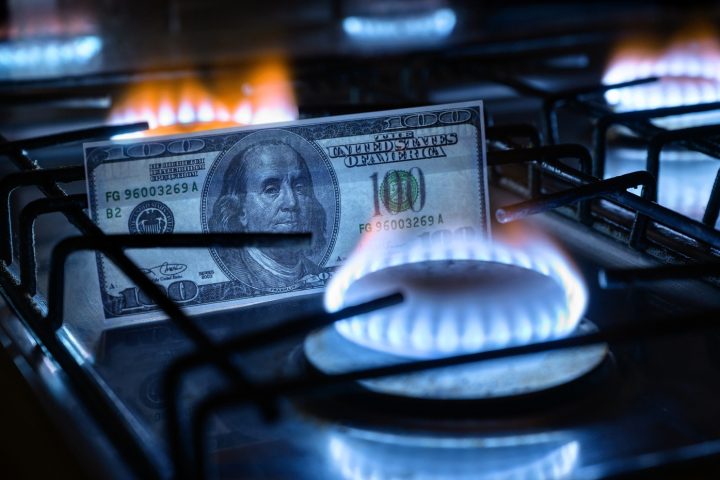There’s a good chance there are singles in your area. Nearly half of adults in the U.S. are currently single.
The 117.6 million unmarried, divorced or widowed Americans older than 18 account for 46% of the population, according to U.S. Census Bureau data.
That number has been growing slowly but steadily since the 1960s. As more adults are finding themselves single or remaining unmarried for longer, many are feeling crushed by the total weight of living expenses, which have also continued to grow in recent years.
“The majority of my friends who are single and living alone are stressed about the cost of living,” Kaishon Holloway, a single man living in New York City, tells CNBC.
While it can play a significant factor for people trying to find a relationship, paying for dates isn’t the reason single people may struggle financially. On top of being solely responsible for living costs that couples can split, single people are excluded from several financial benefits reserved for married couples.
Here’s what the “singles tax” looks like in the U.S.
The cost of living alone
Dollar for dollar, it is cheaper to be in a one-person household. After all, there’s only one mouth to feed, one person using household essentials and the home only needs to have enough space for one body.
But when you add it all up, maintaining a single-person household doesn’t cost exactly half of a two-person household. That’s why it’s called the singles tax — it costs more to be on your own than it would for you to share costs with a partner.
Kaishon Holloway says he and his single friends are stressed about the cost of living.
Juhohn Lee and Mark Licea | CNBC
Take South Carolina, for example, which falls around the middle of all states in terms of cost of living, according to the Missouri Economic Research and Information Center.
Here’s the cost of a year’s worth of typical expenses before taxes, including necessities such as food, housing, medical care, transportation and more, in South Carolina, according to estimates from the Massachusetts Institute of Technology:
- Single-person household: $29,880 a year
- Two-person household: $47,483 a year
The two-person household could split costs down the middle and each contribute about $23,742 per year, whereas someone living on their own would need to cover that much plus an additional $6,138.
The biggest factor is housing. Single people often have to choose between getting a roommate or covering the entire cost of a house or apartment on their own.
In expensive cities such as New York, renting a studio apartment costs an average of $3,550 a month, according to Zumper data from October 2023. That means someone living alone would pay $42,600 a year in rent, whereas a couple splitting the same rent down the middle would pay just $21,300 each.
The financial benefits of marriage are ‘written into the laws of the land’
Even if individuals earn a high income and keep their living costs low, “financial advantages for married couples are written right into the laws of the land,” Bella DePaulo, author of “Singled Out,” tells CNBC.
In some cases, married couples have advantages that simply don’t exist for single individuals, such as with income taxes.
“It used to be that the tax brackets were structured in such a way that if two people were earning money and then they combine their incomes, they would pay more taxes after they were married,” Monique Morrissey, senior economist at the Economic Policy Institute, tells CNBC.
She’s alluding to what’s known commonly as the marriage tax penalty or bonus.
Prior to the Tax Cuts and Jobs Act of 2017, married couples were more likely to face what’s known as a “marriage tax penalty,” which is when a couple combined their incomes and entered a higher tax bracket. The penalty was mostly eliminated under the 2017 reform except for some states and among ultra-high-income earners.
The “marriage tax bonus” occurs when couples pay less in income taxes when they file jointly than they would have as individuals.
It became easier for married couples — aside from those in the highest tax bracket — to get a tax bonus after the Tax Cuts and Jobs Act, according to the Tax Policy Center. That’s because the change made the married filing jointly income brackets exactly double the individual filer income brackets, aside from the 35% tax bracket.
A different kind of financial freedom
It’s not all bad news for singles.
“The financial freedom that comes from being single is really awesome because I get to spend all my money on me and my favorite person is me, so that’s really great,” Holloway says. “I get to really invest in myself and that’s really nice.”
“My favorite person is me,” Holloway says.
Juhohn Lee and Mark Licea | CNBC
That being said, you may want to pay extra attention to your finances as a single person, since you don’t have the financial safety net of a partner’s income. Your parents, friends or other family members may be able to help you out, but for the most part, you’re on your own.
“It’s even more important for you to budget, to understand how much money you’re making, how much money you’re spending, where is your money going,” says Kamila Elliott, a certified financial planner at Collective Wealth Partners.
Since housing is such a huge cost, the most effective money-saving advice might be to get a roommate or downsize as much as possible.
Outside of that, Elliott recommends looking for other ways you can cut costs by using your community.
She uses toilet paper as an example. It’s usually cheaper when bought in bulk, but a single person in a small space may not want or need to have that much on hand. “If you buy 30 [rolls] and you share them with three friends, you have that cost savings that you can share amongst each other,” she says.
“Think about yourself integrating into a community and identifying ways to help minimize some of your day to day expenses.”
DON’T MISS: Want to be smarter and more successful with your money, work & life? Sign up for our new newsletter!
Get CNBC’s free Warren Buffett Guide to Investing, which distills the billionaire’s No. 1 best piece of advice for regular investors, do’s and don’ts and three key investing principles into a clear and simple guidebook.
Read the full article here







